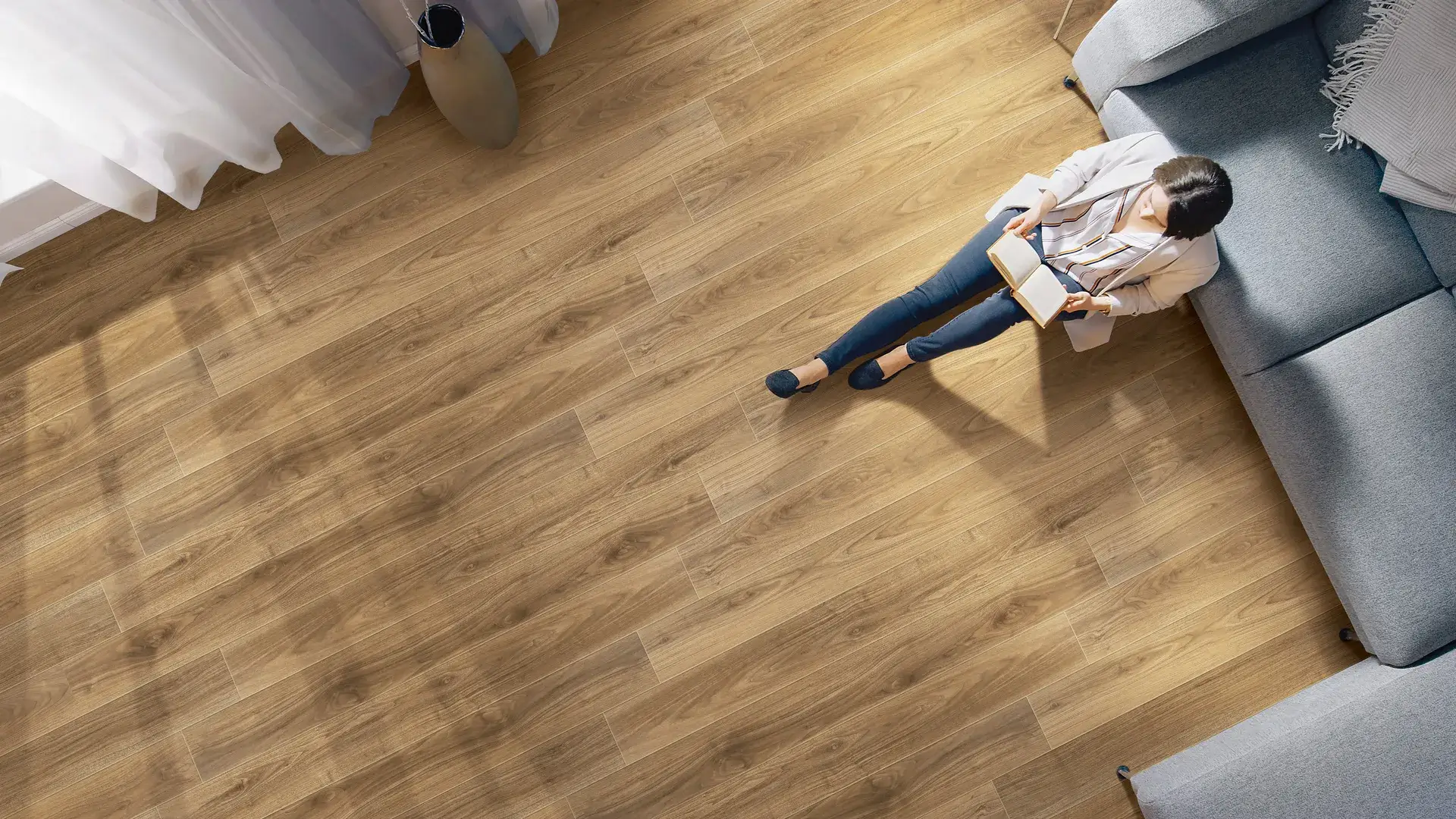The answer is: you should avoid using wood floors in bathrooms, laundry rooms, and basements. These are the rooms that are most prone to moisture, humidity, and water damage, which can ruin your wood floors and cause mold, warping, and rotting. In this article, we will explain why wood floors are not suitable for these rooms, and what are some better alternatives that you can use instead.
Why are wood floors bad for bathrooms, laundry rooms, and basements?
Wood floors are beautiful, durable, and add value to your home. They can also create a warm and cozy atmosphere in any room. However, wood floors are not ideal for rooms that have high levels of moisture, humidity, and water exposure. This is because wood is a natural material that reacts to changes in temperature and humidity. When wood absorbs moisture, it expands and contracts, which can cause cracks, gaps, buckling, and cupping. When wood is exposed to water, it can also develop stains, discoloration, and mold. These problems can affect not only the appearance, but also the structural integrity and health of your wood floors.
Bathrooms, laundry rooms, and basements are the rooms that have the highest risk of moisture, humidity, and water damage. In bathrooms, the steam from showers and baths, the splashes from sinks and toilets, and the spills from cosmetics and toiletries can all contribute to the moisture level in the air and on the floor. In laundry rooms, the water from washing machines, dryers, and sinks, as well as the leaks and drips from pipes and hoses, can also create a wet and humid environment. In basements, the water from rain, snow, floods, and groundwater, as well as the condensation from pipes and walls, can also cause dampness and mold. These conditions can be detrimental to your wood floors, and can also pose a health hazard for you and your family.
What are some better alternatives for wood floors in bathrooms, laundry rooms, and basements?
If you want to avoid using wood floors in bathrooms, laundry rooms, and basements, you have many other options that are more suitable for these rooms. Some of the best alternatives are:
- Tile floors: Tile floors are one of the most popular choices for bathrooms, laundry rooms, and basements. Tile floors are water-resistant, stain-resistant, and easy to clean. They also come in a variety of colors, shapes, sizes, and patterns, so you can create any look you want. Tile floors can also mimic the appearance of wood, stone, or marble, if you prefer a more natural look. Tile floors are durable and long-lasting, but they can also be cold and hard underfoot, so you may want to use rugs or mats for comfort and warmth.
- Vinyl floors: Vinyl floors are another great option for bathrooms, laundry rooms, and basements. Vinyl floors are waterproof, scratch-resistant, and low-maintenance. They also come in a wide range of styles, colors, and designs, so you can find one that matches your taste and decor. Vinyl floors can also imitate the look and feel of wood, stone, or ceramic, if you want a more realistic look. Vinyl floors are affordable and easy to install, but they can also fade and dent over time, so you may need to replace them more often.
- Laminate floors: Laminate floors are a good alternative for bathrooms, laundry rooms, and basements. Laminate floors are water-resistant, stain-resistant, and wear-resistant. They also come in many different styles, colors, and textures, so you can choose one that suits your preference and theme. Laminate floors can also replicate the appearance and texture of wood, stone, or tile, if you want a more authentic look. Laminate floors are inexpensive and simple to install, but they can also warp and swell if exposed to too much water, so you need to be careful with spills and leaks.
Conclusion
Wood floors are not the best choice for bathrooms, laundry rooms, and basements, because they can be damaged by moisture, humidity, and water. Instead, you should opt for tile, vinyl, or laminate floors, which are more resistant to water and mold, and more suitable for these rooms. By choosing the right flooring for your home, you can enhance its beauty, comfort, and value.

